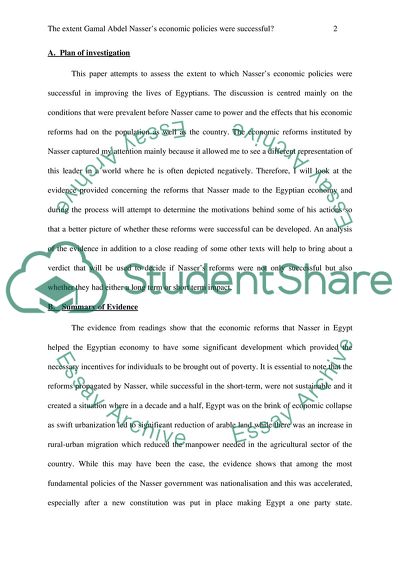Cite this document
(The Extent Gamal Abdel Nassers Economic Policies Essay, n.d.)
The Extent Gamal Abdel Nassers Economic Policies Essay. Retrieved from https://studentshare.org/history/1862207-to-what-extent-were-gamal-abdelnassers-economic-policies-successful
The Extent Gamal Abdel Nassers Economic Policies Essay. Retrieved from https://studentshare.org/history/1862207-to-what-extent-were-gamal-abdelnassers-economic-policies-successful
(The Extent Gamal Abdel Nassers Economic Policies Essay)
The Extent Gamal Abdel Nassers Economic Policies Essay. https://studentshare.org/history/1862207-to-what-extent-were-gamal-abdelnassers-economic-policies-successful.
The Extent Gamal Abdel Nassers Economic Policies Essay. https://studentshare.org/history/1862207-to-what-extent-were-gamal-abdelnassers-economic-policies-successful.
“The Extent Gamal Abdel Nassers Economic Policies Essay”, n.d. https://studentshare.org/history/1862207-to-what-extent-were-gamal-abdelnassers-economic-policies-successful.


